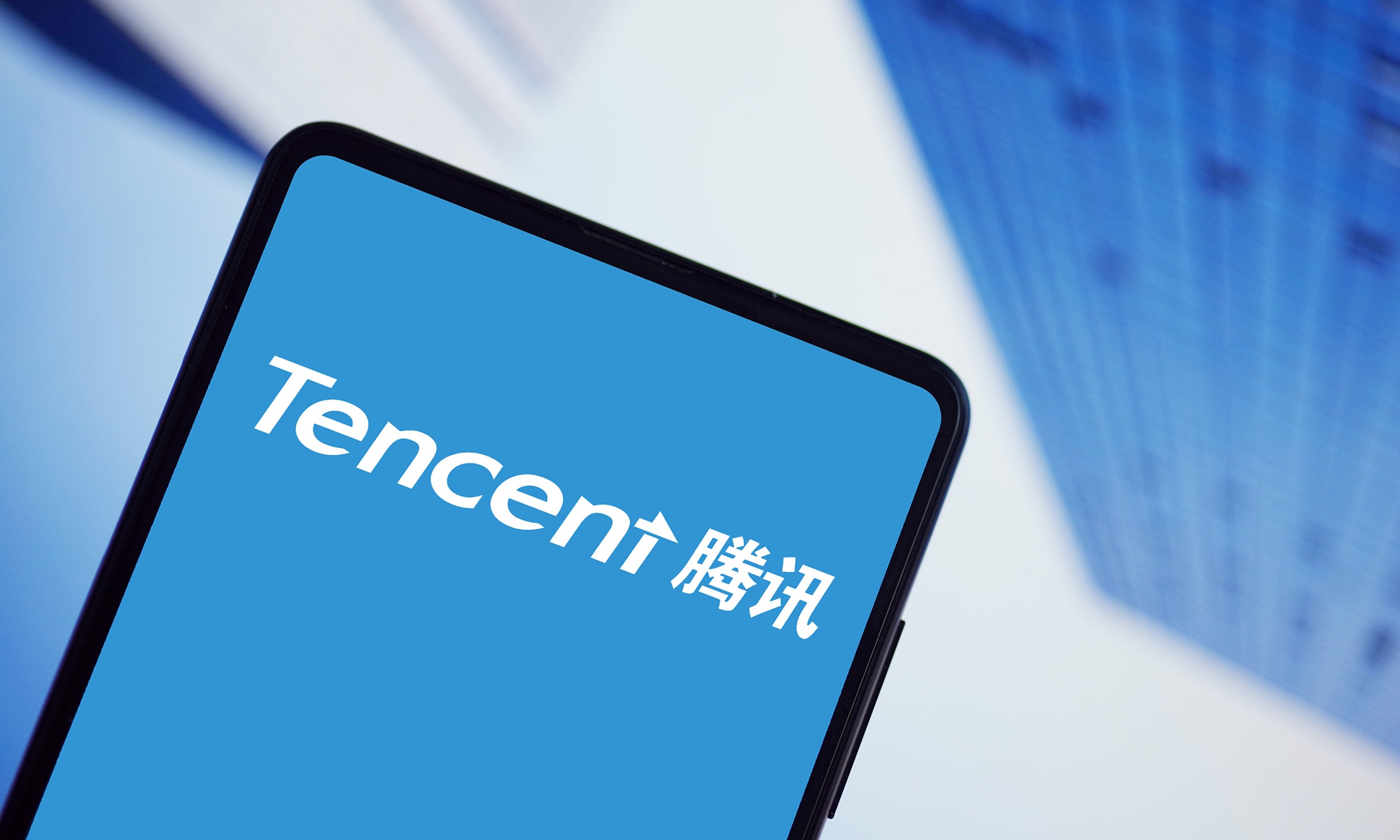
Photo:VCG
A number of Chinese companies, including Chinese internet giant Tencent and subsidiaries of ride-hailing company DiDi and e-commerce giant Suning, were each fined 500,000 yuan ($77,220) over antimonopoly breaches, the State Administration for Market Regulation (SAMR) announced on Friday, right before the nation's May Day holidays.
Analysts said the companies received a "lesser" punishment as their violations do not constitute exclusivity and restriction on competition, as China tightens monopoly crackdowns in its booming internet sector, notably with a record $2.8 billion fine on Alibaba earlier this month for monopolistic conduct.
China has been ramping up crackdowns on its digital platform companies as the digital economy accounts for a growing percentage of the world's second-largest economy. The government hopes to regulate the market, curb the disorderly expansion of capital and inject vitality to the vital sector, which already accounted for 36.2 percent of the nation's GDP by 2019.
The companies were fined over nine deals in their past mergers & acquisitions, equity investment and joint venture deals, and the investigation focused on whether they had breached the "concentrations of undertakings" provision under the antimonopoly law, according to a statement published on the SAMR's website.
They were found to have breached the provision, but regulators ruled out the effects of exclusivity or restriction on competition.

Tencent Photo:VCG
Besides Tencent, other more well-known companies among the fined were subsidiaries of ride-hailing giant DiDi Chuxing and e-commerce company Suning.
As per law, the companies were each fined 500,000 yuan ($77,220).
Li Junhui, a professor at the China University of Political Science and Law, told the Global Times on Friday that these companies received a "lesser" punishment as their violations do not constitute exclusivity and restriction on competition, the focal point of antimonopoly crackdown.
"The companies failed to complete a required file and documentation process during the merger deals and were fined for noncompliance," Li said.
Chinese market regulators began to step up their crackdowns on monopolistic behavior and unfair competition in 2020. China's largest online food delivery platform Meituan was put under investigation for suspected monopolistic practices earlier this week.
The SAMR on April 13 told 34 platforms, including Tencent, Alibaba, Baidu and Meituan, to stand in awe of the rules and undertake comprehensive rectification of their monopolistic acts, and tax-related irregularities or violations, within one month.
The fine Tencent received on Friday was much lower than a prediction by a Reuters report on Thursday, which put the fine at about 10 billion yuan, citing sources.
Global Times


